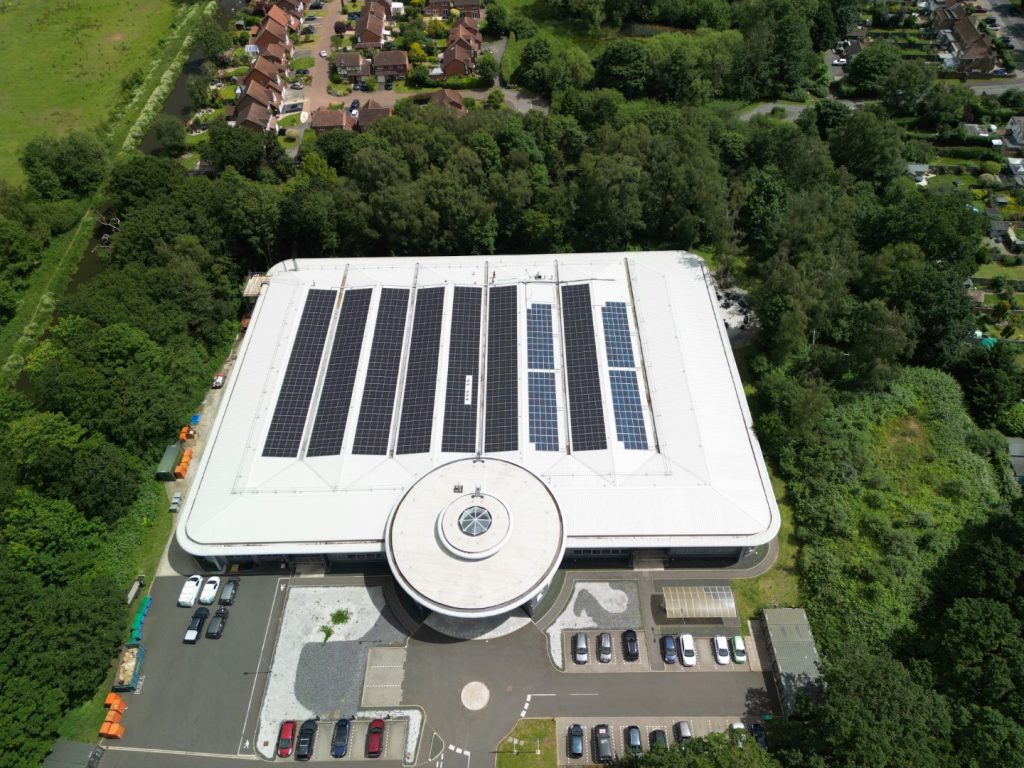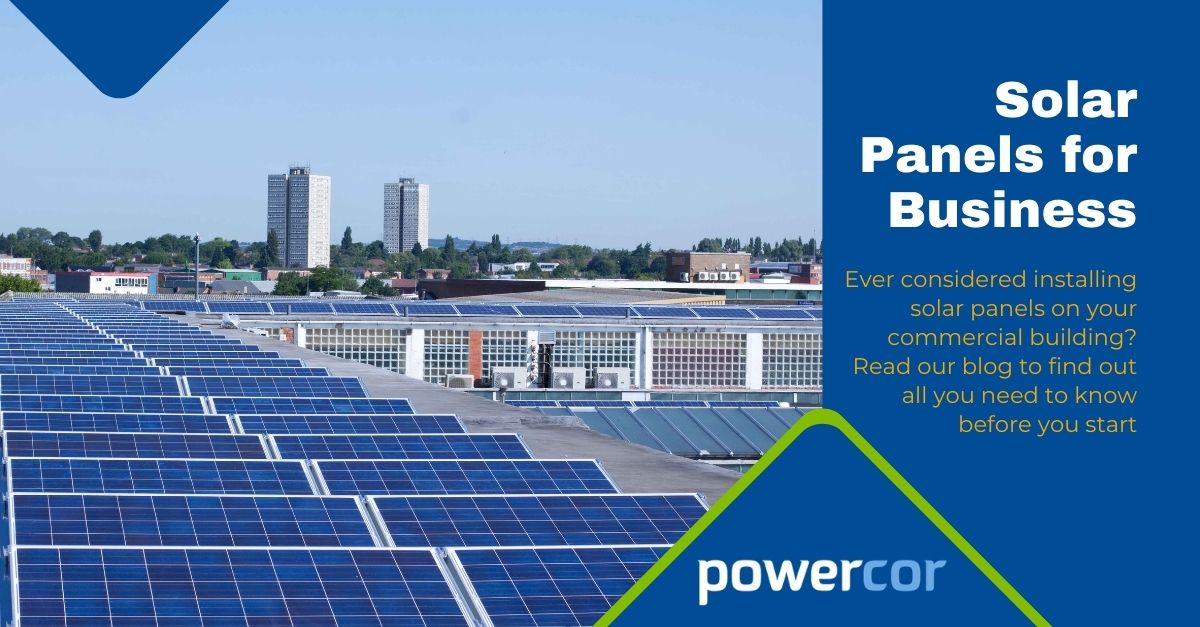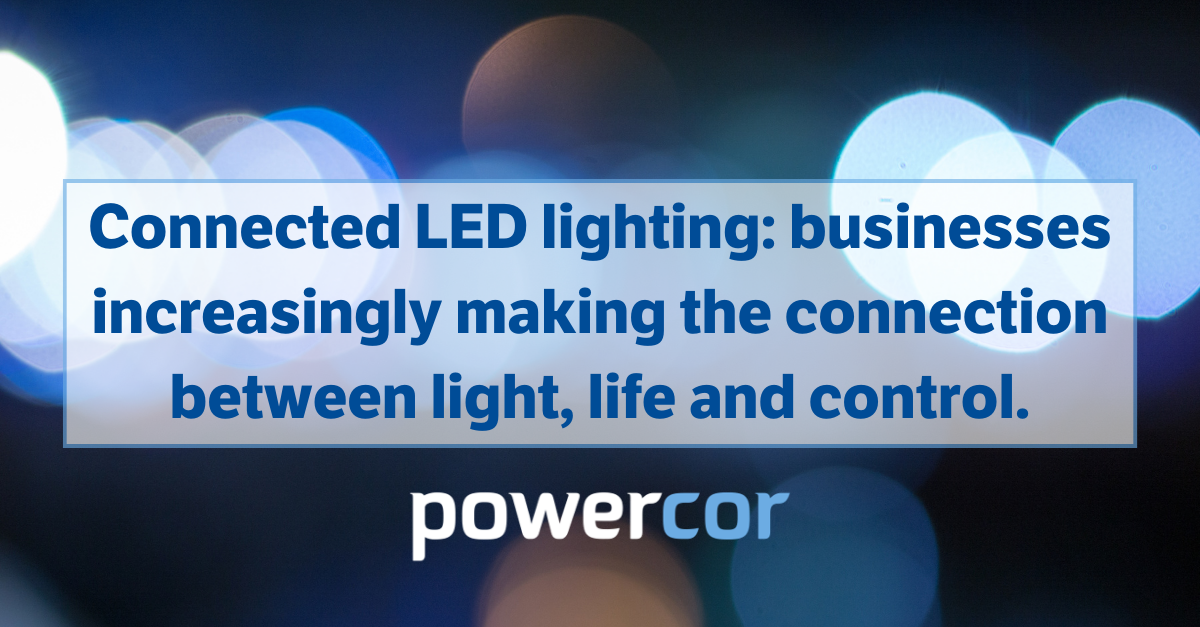With the world increasingly focused on sustainability and reducing carbon footprints, more businesses in the UK are turning to renewable energy solutions, particularly solar panels. Solar energy provides an excellent way to reduce energy costs, enhance sustainability credentials, and build resilience against fluctuating energy prices. For businesses of all sizes, from warehouses to office buildings, solar panels represent a smart investment for long-term efficiency.
In this article, we explore the benefits of installing solar panels for business, how they work, and what to consider when deciding if solar is right for your organisation.
Why Consider Solar Panels for Business?
As energy costs rise and environmental awareness grows, businesses are under pressure to find sustainable and cost-effective energy sources. Solar panels are one of the most viable solutions for the following reasons:
- Cost savings: Solar panels can significantly reduce energy costs by generating electricity on-site. Businesses with high-energy consumption, such as factories, warehouses, and sports stadiums, benefit the most, often achieving considerable savings within just a few years of installation.
- Energy independence: With solar panels, businesses can reduce dependency on the national grid and stabilise their energy expenses. This independence is particularly valuable in a market where energy prices fluctuate unpredictably.
- Sustainability and brand image: Companies that adopt green initiatives, such as solar energy, show a commitment to sustainability. This commitment can enhance brand reputation, attract environmentally-conscious clients, and demonstrate leadership in corporate responsibility.
- Financial incentives: The UK government offers various incentives and grants to encourage businesses to adopt solar energy. These can include the Smart Export Guarantee (SEG), which compensates businesses for excess energy they supply to the grid, potentially improving the return on investment for solar installations.
How Solar Panels work for Business Applications
Solar panels, also known as photovoltaic (PV) panels, convert sunlight directly into electricity. Here’s a basic overview of the process:
- Sunlight absorption: PV cells within the solar panels absorb sunlight, generating a flow of direct current (DC) electricity.
- Conversion to usable Power: An inverter converts the DC electricity into alternating current (AC), which is the form of electricity used by most businesses and appliances.
- Storage and usage: For businesses looking to operate around the clock, battery storage systems can be integrated to store excess energy generated during the day for use at night or during peak hours.
- Grid connection: If connected to the national grid, businesses can sell any excess electricity back to the grid, potentially earning revenue through schemes like the SEG.
The combination of solar panels and battery storage solutions can help many businesses achieve near self-sufficiency in energy, with minimal reliance on external electricity sources.
Advantages of Solar Panels for Commercial Properties
- Lower operating costs: Solar panels reduce monthly energy bills, allowing businesses to allocate saved funds to other priorities or to reinvest in energy efficiency upgrades.
- Enhanced property value: Commercial properties with solar installations often see an increase in property value. Buyers and tenants are increasingly willing to pay a premium for energy-efficient properties.
- Reduced carbon footprint: By shifting to solar energy, businesses can lower their greenhouse gas emissions, a vital factor in achieving the UK’s goal of net-zero carbon emissions by 2050.
- Long-term reliability: Solar panels have a long lifespan, typically 25–30 years, with minimal maintenance. For businesses, this means stable, predictable energy generation over decades.
- Flexibility for various business types: Solar installations are adaptable for many types of commercial properties. Large roof spaces on warehouses, offices, and retail centres can maximise solar panel installations, while even smaller businesses can benefit from compact or ground-mounted systems.
Key Considerations before Installing Solar Panels for your Business
Investing in solar technology requires careful planning and consideration. Here are key factors to take into account:
- Energy consumption patterns: Understanding your business’s energy needs and usage patterns will help determine the size of the solar system required. Businesses with high daytime energy consumption, for instance, can benefit more from solar as it aligns with peak production times.
- Roof space and orientation: The size and orientation of the roof on your commercial building affect solar panel placement and efficiency. South-facing roofs capture the most sunlight in the UK, but there are options for east-west facing installations that can capture sunlight throughout the day.
- Upfront costs and financing options: Although solar technology has become more affordable, the initial investment is still substantial. However, many financing options, such as leasing arrangements, power purchase agreements (PPAs), and government grants, can help manage costs.
- Return on investment (ROI): Solar panels typically have a payback period of 5–10 years depending on energy savings and government incentives. It’s essential to calculate potential savings and compare them to the upfront costs to ensure a positive ROI.
- Battery storage needs: Battery systems increase the ability to use solar power during non-daylight hours, which is crucial for businesses operating outside of typical daylight hours. Batteries do add to the upfront cost but can enhance energy independence and reduce reliance on the grid.
Examples of Solar Panel installations on Commercial Buildings
Powercor is a B2B energy efficiency and solar specialist based in Surrey. We’ve worked with many businesses, schools and other organisations with commercial buildings over the years to help them reap the benefits of solar. Examples of clients we have supported include St George’s College, the Swan Sanctuary and Vision Engineering (see image below):

Solar panels offer an unparalleled opportunity for businesses in the UK to reduce costs, support sustainability goals, and gain control over their energy usage. While the initial investment requires careful planning, the long-term benefits of installing solar panels for business applications are undeniable. Whether you are a large warehouse or a small office, solar energy is a sustainable, forward-looking choice that offers financial returns and demonstrates a commitment to environmental responsibility. By considering your energy needs, space, and financial options, your business can make an informed decision and join the growing number of UK companies leading the way in sustainable energy.
We can help you understand the impact of solar on your commercial property.







